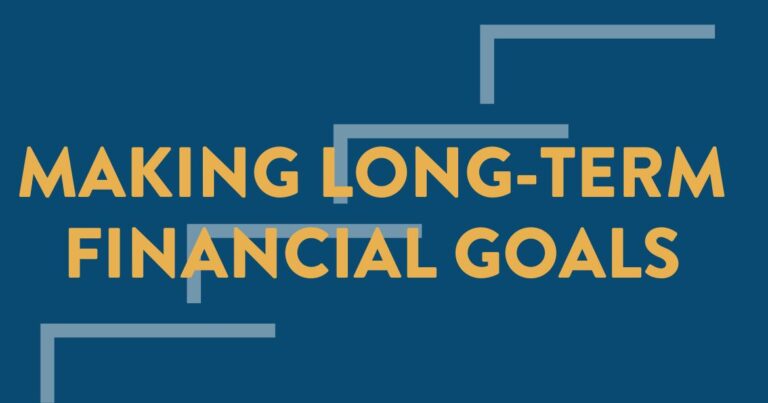Financial advisors are like doctors for your money. A thoughtful advisor will help you understand complex issues, diagnose potential problems and help you take steps to plan for the future. When you hire a financial advisor, you’re entering a long-term relationship with someone who will know most everything about your financial life.
Your financial advisor can help you decide what type of car and house you can afford. You’ll go to them to help ensure you’re saving enough for your children’s college education. You’ll even seek their advice on a smart strategy to build long-term wealth and save for your retirement.
Needless to say, choosing a financial advisor isn’t a decision you should make lightly or quickly. That’s why I’ve included 8 questions you should ask a financial advisor below. That way, you can help ensure you’re hiring the right one for you.
1 – Are you a fiduciary?
A good way to find out whether an advisor has your best interests at heart is simply to ask, “Are you a fiduciary?” This is the single most important question you can ask. If you don’t get a straight yes-or-no answer, that’s a sure sign something isn’t right.
2 – How Do You Get Paid?
Your investing professional is paid any number of ways, so what you’re looking for is an honest answer. Some are fee-based while others charge commission. There are positives and negatives to each approach. Just watch for possible conflicts of interest. If an advisor’s answer about his or her business model is vague or takes more than 5 minutes to explain, that’s a major red flag. You should never buy anything, especially financial advice if you don’t fully understand the costs. A good advisor will spell those out for you so you can make the best decision with your money.
3 – Who is Your Firm’s Typical Client?
Some of the more comprehensive financial advisors in the industry specialize to help a certain type of client. When you work with an advisor who specializes, you get the same benefit as going to a doctor who specializes. You’ll get to work with someone who truly understands your stage in life. So, always ask an advisor who their typical client is. If you don’t fit that mold, then you might need to interview another advisor to find an advisor who is used to a situation like yours and able to help you work toward your goals.
4 – What service does financial planning entail?
The term “financial planning” is subjective. Many investors hear the term and focus entirely on retirement planning, but that is only one area of service that an advisor may offer.
Financial planning may also include budgeting and cash flow management, debt and liability management, goal setting, tax planning, estate and end-of-life planning, risk mitigation and insurance planning, education planning, charitable and philanthropic planning, and more.
Ask if your advisor will provide advice on assets he or she doesn’t manage, such as your 401(k) plan.
5 – Can You Describe Your Planning/Investing Philosophy?
You might not even have your own investing philosophy yet, but it’s important to know if your advisor has one. Some advisors are more performance driven than others. Some will try to make big returns, even if it’s risky. Other financial advisors might be more goal-based and view investing as part of the plan but not towards any specific benchmark.
6 – What Happens to Your Clients if Something Happens to You?
This is a great question and one not many consider. It’s not the most pleasant topic to discuss, but what happens if your financial advisor dies unexpectedly? What happens to your money, and will you have access to your accounts? Make sure your advisor has a plan and directions for what to do should the unexpected happen.
7 – How do you help me with taxes?
A financial advisor should do more than just recommend investments. One important service they should offer is optimizing your portfolio for tax purposes. Ask your advisor about how they will decide whether to allocate certain investments to your taxable account versus a nontaxable account, such as an individual retirement account.
8 – How will you help me understand why you recommend certain investments for my specific situation?
A one-size approach doesn’t work for investing. Your investing professional should recommend a strategy that works specifically for you and your desired level of risk. Avoid sales-minded pros or “experts” who make you feel inferior for asking questions. The right investing professional will explain every detail to you until you get it—no matter how long it takes.
If something doesn’t feel right about a potential advisor, then keep looking. Hiring an expert can be difficult, and you have to feel good about the relationship. Interview as many advisors as it takes to find someone you can trust to educate you on your options so you can make investment choices that are best for you.
The opinions voiced in this material are for general information only and are not intended to provide specific advice or recommendations for any individual.




